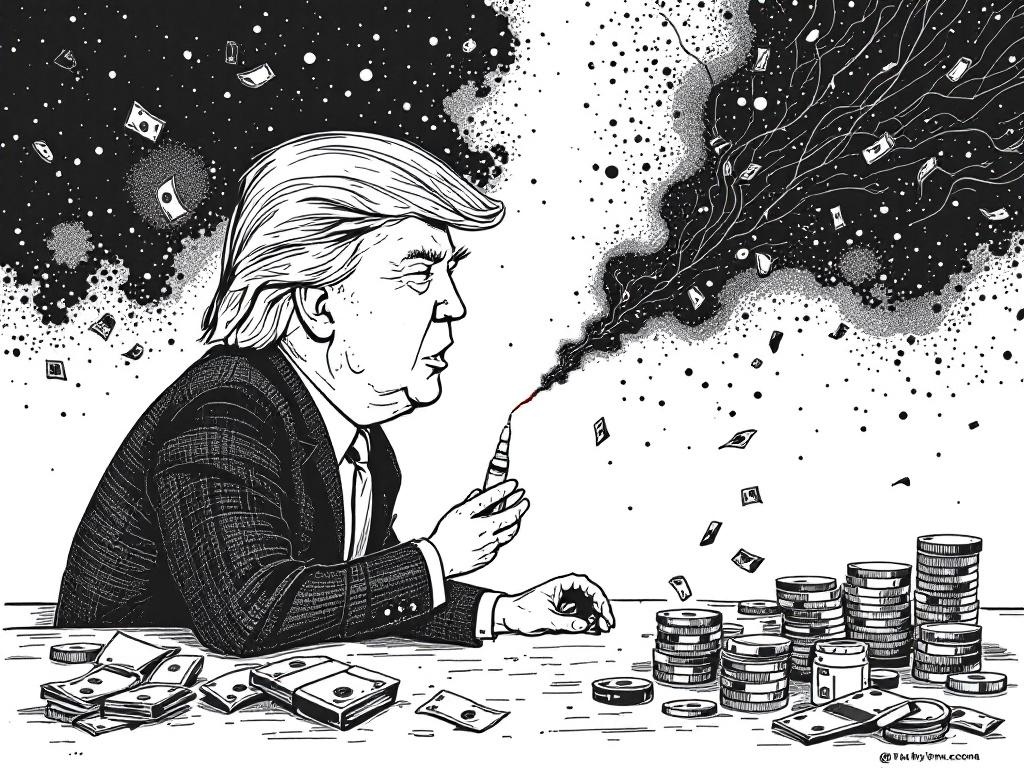Trump Administration Terminates Crucial HIV Vaccine Research Program

Washington, D.C., Saturday, 31 May 2025.
On May 31, 2025, the Trump administration ended a vital NIH program for developing an HIV vaccine, threatening future advancements and raising concerns among health experts.
Impact of Termination on Vaccine Development
The termination of a $258 million program by the Trump administration, initially aimed at facilitating the development of an HIV vaccine, marks a significant setback in HIV/AIDS research [1][2]. This decision, effective May 31, 2025, impacts ongoing projects and progress that had been made over the past decade in vaccine development through the National Institutes of Health (NIH). Health experts warn that this move not only delays potential breakthroughs but may also extend the timeline to develop an effective vaccine by several years [1][2].
Consequences for Research Institutions
Funding cuts will close major research initiatives at institutions such as the Duke Human Vaccine Institute and the Scripps Research Institute, which have been integral in progressing HIV vaccine studies since 2012 [2]. These cuts have resulted from a reassessment by the Health and Human Services (HHS) Department, which instructed the NIH not to issue further funding for HIV vaccine research beyond the current fiscal year, save for a few exceptions [2]. This has compelled researchers to seek alternative funding sources amidst a complex fiscal environment created by changes to budgetary rule allocations [2].
Shifting Priorities and Administration’s Justification
The administration cites budget constraints and argues that existing measures, which include already available treatments and prevention tools, are sufficient [1][2]. However, this rationale overlooks the indispensable need for a vaccine in ultimate HIV eradication efforts, as highlighted by NIH officials who emphasize that a vaccine remains the sole definitive solution to ending the epidemic [1][2]. Despite the financial reallocations, health officials stress that cutting-edge vaccine research should be preserved to ensure a multifaceted approach to combating HIV/AIDS [1].